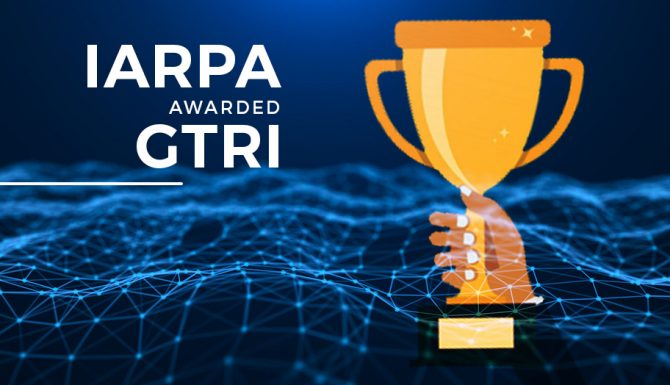Due to the increasing demand for archival data storage, The Intelligence Advanced Research Project Activity (IARPA) has awarded Georgia Tech Research Institute (GTRI), a multi-phase contract worth $25M to develop DNA-based molecular storage techniques.
The project is under IARPA’s Molecular Information Storage, which aims to reduce the physical footprint of data to limit the cost of power and other requirements.
To date, the DNA-based data storage is utilized for reading and storing information about living organisms, particularly using a genetic blueprint. However, there are limitations that need to be developed, to make the technology commercially practical and cost-effective.

The DNA data storage also needs to establish magnetic tape and optical disk memory, something that isn’t readily available yet. If developed further, the technology can benefit a lot of enterprises as information stored in DNA could last hundreds of years.
According to GTRI’s director for cybersecurity Alexa Harter, “The goal is to significantly reduce the size, weight, and power required for archival data storage. What would take acres in a data farm today could be kept in a device the size of the tabletop. We want to significantly improve all kinds of metrics for long-term data storage.”
Silicon Platform
GTRI selected a subcontractor for the project, which is the Twist Biosciences. The company was responsible for silicon chip DNA data storage, a unique technology that can store massive amounts of data in a silicon chip. Twist Biosciences pioneers in this technology and even manufacture synthetic DNA writing on the silicon chips.
Back in October 2019, the company was able to join biological engineers and innovators in SynBioBeta, which is a prestigious organization that promotes technologies for networking, learning, and shaping the bioeconomy.
Twist Biosciences was able to impart knowledge on the DNA data storage, pursuing the longer-term opportunities that this technology can give for academic research, healthcare, and industrial chemical sectors.
Meanwhile, the company shares enthusiasm about the project, saying, “With the government’s commitment to fund this exciting new area of storage, we believe that as part of this consortium of specialists, we can truly revolutionize the DNA synthesis processes.”
The company may receive up to $9.15 million in fees under the multi-phase project. The goal is to synthesize enough DNA per day to store digital data for as low as $1 per gigabyte storage. According to Twist Biosciences, the amount is a huge reduction from the original cost of DNA data storage today.
















